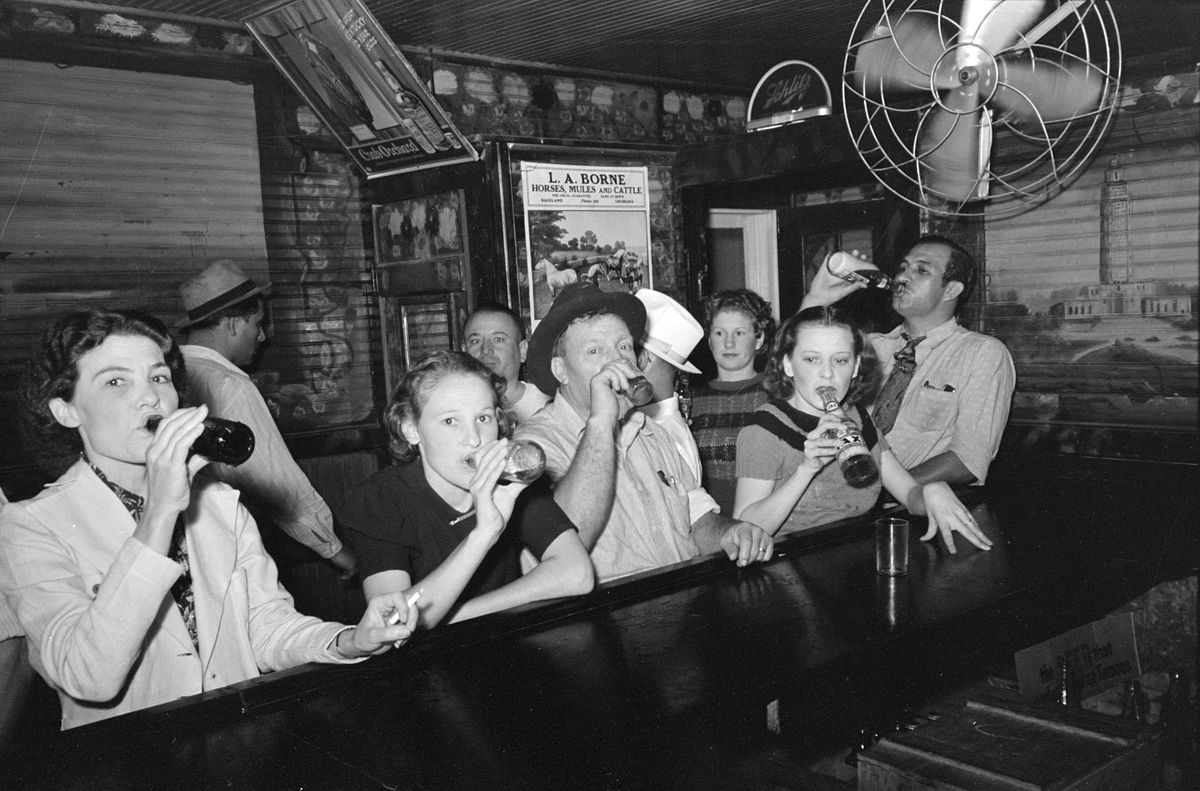[The following editorial was first published in September 2014 on the blog of the San Francisco Medical Society. At the time, a ‘soda tax’ was on the ballot for voters to consider. The measure was defeated but the debate continues, as seen in these recent BMJ editorials. Note: the version below is slightly modified from the original.]
Nearly one hundred years ago, the eighteenth amendment to the United States Constitution made it illegal to produce, transport, or sell alcoholic drinks. The prohibition was the culminating action of a “temperance movement,” a century-long grassroots effort aimed at curbing the consumption of alcohol. The movement arose in response to an epidemic of alcoholism and was guided by the compelling argument that alcohol is toxic and that alcoholism brings along serious social evils: chronic unemployment and family neglect or abuse.
Today, a similar movement is taking shape in response to the obesity epidemic. Excessive consumption of sucrose and fructose in ubiquitous “sugary” drinks has been identified as a main cause and found to be responsible for the high prevalence of diabetes and its associated health and socioeconomic complications: cardiovascular and renal disease, blindness, premature death, and exploding health care costs. The new temperance movement decries the excessive use of sweet beverages and calls for restricting their sale. These restrictions can come in the form of taxes or outright bans.
But is resorting to taxation and to the strong arm of government always a wise move? I propose some arguments to ponder:
First, the historical example of the old temperance movement should give us reason to pause. When lesser measures proved ineffective at reducing the ills of alcohol consumption, more drastic bans were promoted. But even the large reduction of alcohol consumption that occurred during the strict prohibition era failed to fulfill the promise of improved health and social conditions. In fact, the prevalence of alcoholism has shown little correlation with legal restrictions on alcohol sale. Why would a tax on Coke and Pepsi make us healthier when outright bans on booze failed to make us more sober? And alternatives to natural sugars may not be benign. Many opportunists stand to benefit from our creating “favored status” categories for drinks and food.
Secondly, the attack on sweet beverages confuses the nature of the evil. Physicians should be mindful of Paracelsus’s useful aphorism: Dosis facit venenum—the dose makes the poison. To call fructose a “toxin” is an injustice to the word. Granted, some substances are addictive, and high-calorie sweet drinks may fall into that category. But only a strict determinist will place the syrup itself at the root of the obesity epidemic. It is drinking too many sweet things that is bad for us. The problem therefore is the behavior, not the chemical.
Finally, good and long-lasting habits come through persuasion and education, not restriction and coercion. Of course, proponents of the new law may quickly point out that poor and vulnerable children are the target of the food and drink industry. But if we think a soda tax can replace parental guidance and tender admonishments, then perhaps it is our sense of solidarity with the poor that’s in need of rectification.
